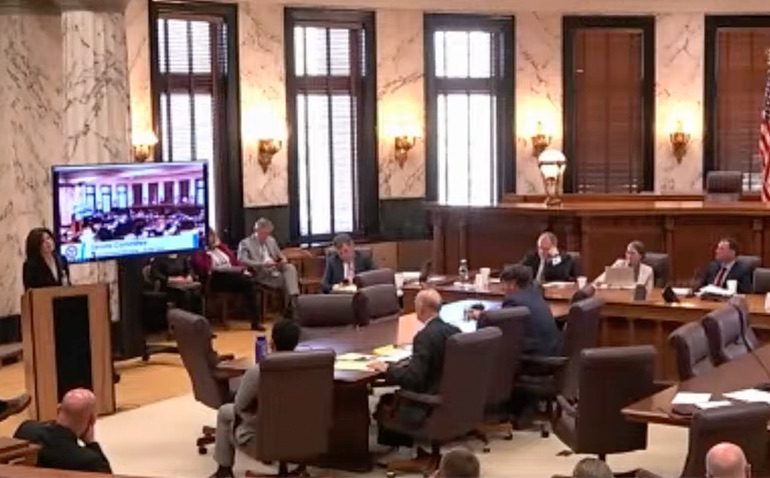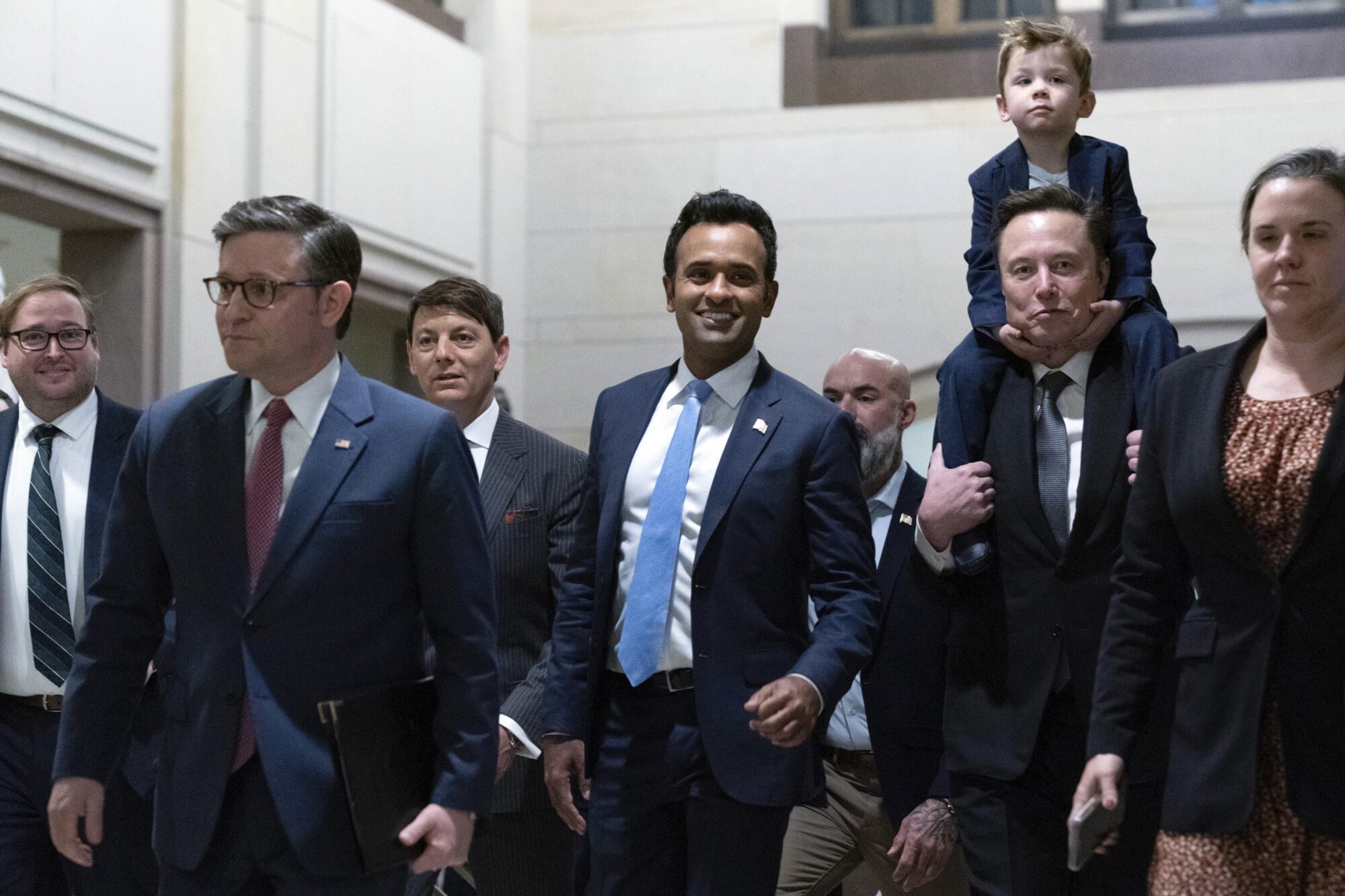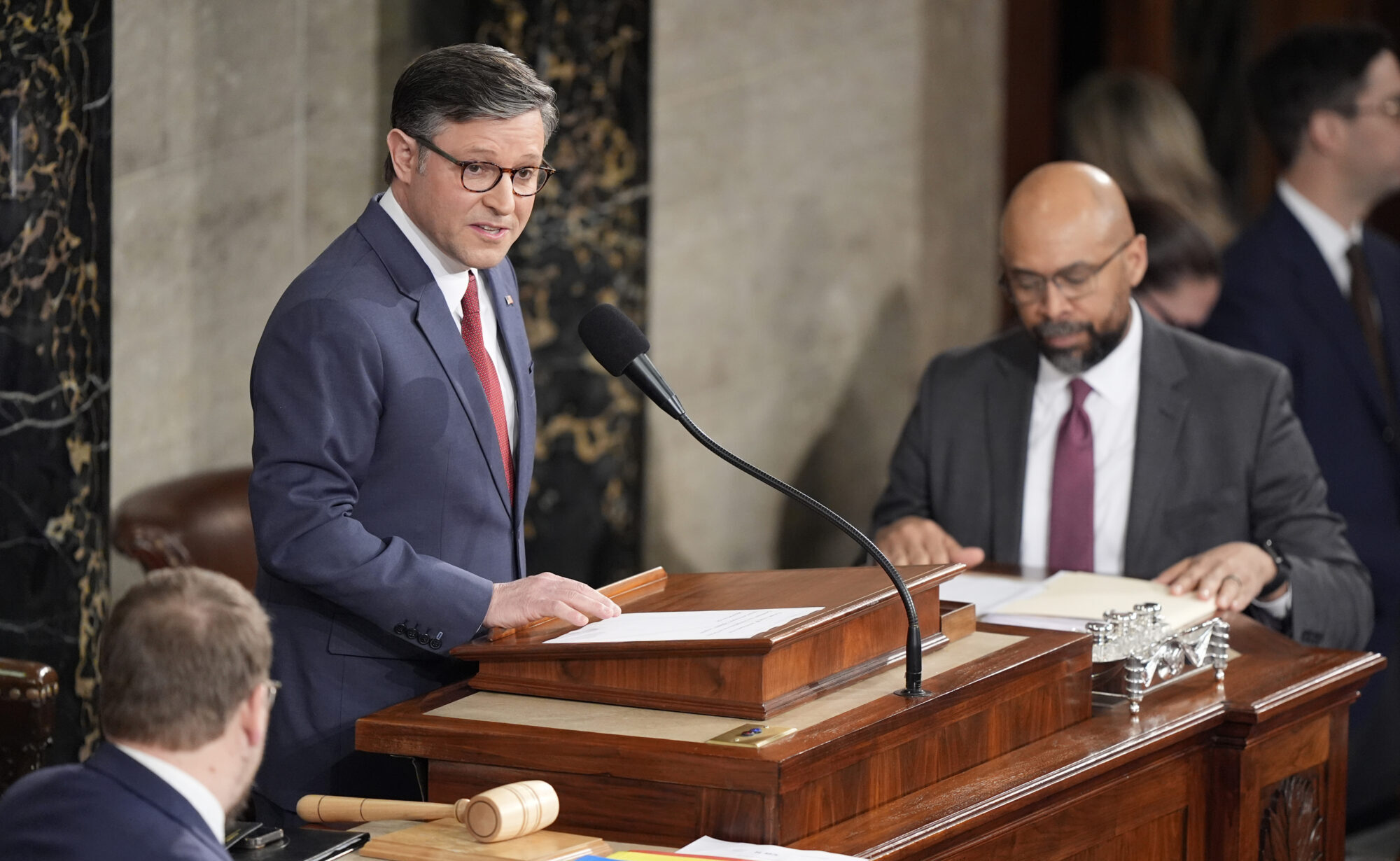
- Ashby Foote says infusing the PERS conversation with new voices and ideas can only help, not harm, the system’s long-term outlook.
Last week, the Senate Government Structure committee held a public hearing on House Bill 1590 which aligns Mississippi’s retirement board structure with national models and prevents the rate hike approved by the current board to increase by hundreds of millions of dollars what taxpayers contribute to the plan known as PERS (Public Employees’ Retirement System).
There were no fights or heated exchanges – just an open dialogue about PERS governance and how members view their roles, as well as opening comments from the current president of the Mississippi Municipal League, Hattiesburg Mayor Toby Barker.
Representing 290 member cities, towns, and villages, Mayor Barker told the committee that his organization is significantly represented in PERS (at 30 percent of total employers) and feels a “responsibility to voice concern when we see an unsustainable trend of shifting the burden of paying for PERS to employers, particularly cities, towns, counties, and school districts.” Mayor Barker said that it’s “no secret the unfunded liability in PERS is a problem, and it’s a storm that’s been brewing for some time.”
He explained that the current PERS Board recently voted to phase in a five-point increase in what cities, towns, and villages pay to fund the system – an effective increase of 28 percent in retirement costs on local budgets. “My encouragement first is to please call your mayor, your county supervisor, or school superintendent” to ask both how much it will cost to pay for the PERS Board rate hike and how they’ll pay for it.
Mayor Barker offered a few scenarios: “Raising property taxes? Yes, and probably multiple times. Cutting services and employees? Absolutely. Raises for city and state employees, including first responders at the local level? Doubtful at best.”
One of the critiques of the current PERS Board member structure is the lack of taxpayer representation. The current board is made up of ten members, with just two members accountable to taxpayers. How does this impact the governing mindset of the board? Here’s what PERS Board members told the Senate Government Structure committee.
Jay Smith was the first PERS Board member to speak. He’s the K-12 and community college representative on the board and works as superintendent of the North Pike School District.
Smith told committee members he considered a series of questions before casting a vote as a pension board member: Will his vote positively impact the employees who elected him to the board? Will his vote positively impact current employees when they get to retirement age? Will his vote positively impact future government employees, like those who will become teachers? Then, Smith “casts my vote accordingly.”
Smith told the committee he does not consider costs to his school district (an estimated annual cost of $750,000) nor did he mention consideration of the impact on taxpayers. “My role and responsibility as a board member is to try to ensure that the funding is in place for the plan. My role as a superintendent in trying to find the [money for North Pike] is a different entity in and of itself. I don’t sit there again as a superintendent; I sit there trying to make the best decision that I can make for those individuals who are receiving benefits and those who will be receiving benefits in the future.”
Smith was pushed further about paying for the estimated three-quarters of $1 million rate hike for North Pike that he and fellow PERS board members approved. He told the committee trying to pay for this is a “difficult question to answer” and that his options include shifting funds, reducing maintenance and administrative budgets, not replacing teachers who leave, and “looking at personnel” and other ways to “eat your money.” Smith reiterated that he’s “not playing the role of superintendent, I’m playing the role of PERS board member.”
Current PERS Board chair and long-time Tupelo city clerk and CFO Kim Hanna spoke next, echoing much of Smith’s comments. She told the committee she knew how it feels “to take some of the decisions back home” but that it doesn’t “deter my decisions. We have a sworn duty, we all do, as fiduciaries to make the best decision for the plan, for the members.”
In explaining her outlook on pensions, Hanna said she is “passionate about PERS. I’m a third generation PERS member; it’s very important to me…But at the same time, I have to take that city clerk and CFO hat off when I’m at the PERS board meetings and make those difficult decisions,” like the $1 million rate hike on the City of Tupelo she voted to approve as a PERS board member.
In summary, these board members consider only plan beneficiaries when making decisions, a concept explored further by Government Structure chair Chris Johnson. He described the current PERS board as having eight beneficiary representatives who voted together “virtually 100% of the time” in the interest of members, not taxpayers.
Chairman Johnson asked Hanna if she would support legislation that added five new members to the board to provide additional perspective to “look for options that can both protect retirees and be cognizant of the effects in other areas of state government?”
Hanna said she would “not be opposed to that that at all.” She said she’s been on the board since 2018 and is constantly learning new things, adding that “any additional information is always helpful.”
The Senate hearing on HB 1590 served an important role in shining a light on issues facing the PERS system, notably the structural challenges within the current board makeup. Asking Mississippi taxpayers to cover skyrocketing costs for a retirement system that benefits just one out of every seven Mississippians isn’t fair – and it’s not the only option.
In my humble opinion as an elected official and PERS participant, “fiduciary duty” also applies to the financial health and sustainability of the PERS system itself. Infusing the PERS conversation with new voices and ideas can only help, not harm, the system’s long-term outlook.
Passage of HB 1590 can positively impact the PERS system and reduce pressures on local budgets – without impacting retiree benefits. Organizations like the Mississippi Municipal League, Mississippi Association of Supervisors, and Mississippi Association of Realtors have issued letters of support for HB 1590 and urge the Senate to take swift action.
Mayor Barker told the committee that, on the issue of PERS, the “status quo is not an actual or viable long-term strategy.” Mayor Barker is correct. As of June 30, 2023, the unfunded liability of PERS was $25.54 billion, exceeding by $10 billion all of the State’s debt and the debt of all its municipalities as well.
Addressing the governance issue as HB1590 does, is an important first step in stabilizing PERS and the State’s finances.
Call for action: Hopefully the members of the Senate committee will move forward and bring HB 1590 to the Floor of the Senate for consideration.











